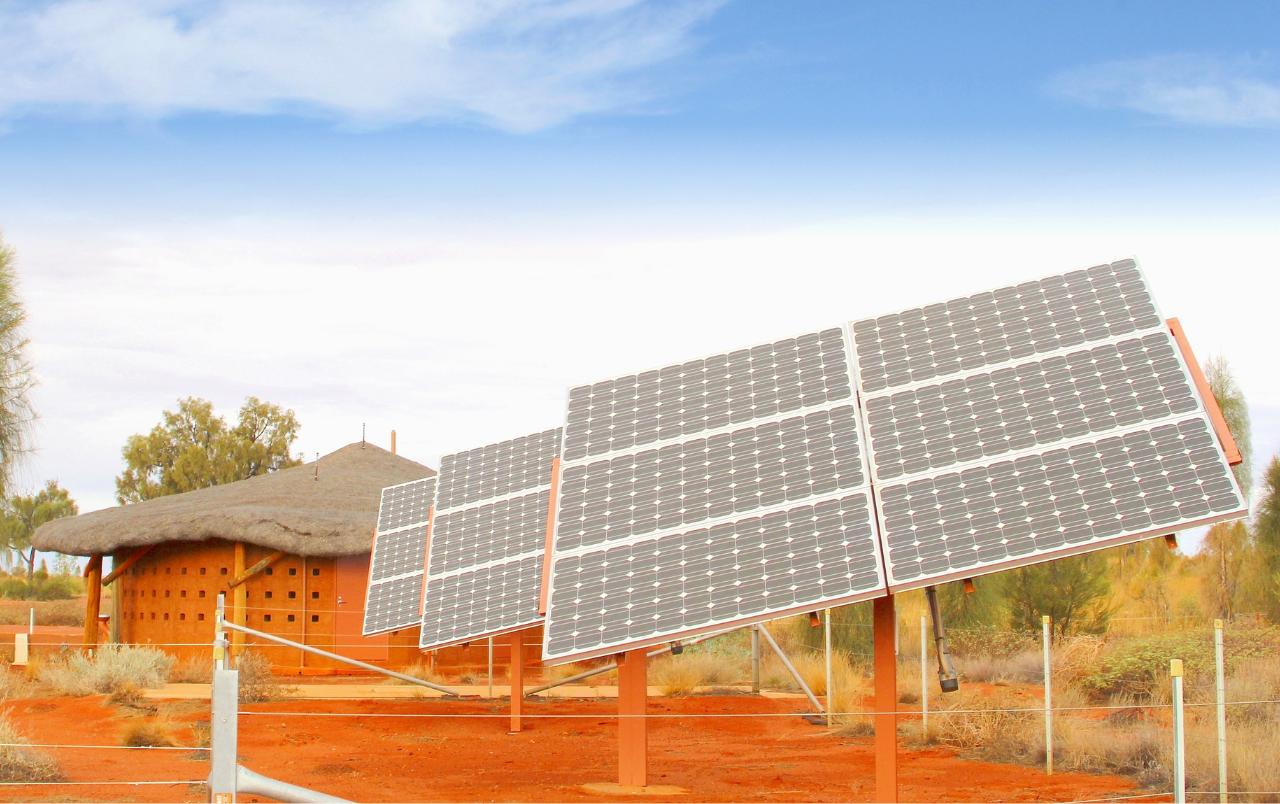This article is part of the World Economic Forum’s Intelligence Map on Sustainable Development, which was co-curated by Southern Voice. Explore the map here.
The critical role of energy in achieving sustainable development has been widely acknowledged for decades; truly sustainable development cannot be achieved without providing people with affordable, dependable, and clean energy services. This was underlined in 2015, when universal access to inexpensive, reliable, sustainable, and modern energy was formalized by the UN as one of its Sustainable Development Goals (SDG 7). Yet, the situation has not significantly improved since then, and billions of people – mostly residing on the outskirts of cities or in rural areas of sub-Saharan Africa and South Asia – lack access to electricity and suffer from low quality service. In addition, more than 2.5 billion people have no clean cooking energy; they rely mainly on biomass fuels burned in inefficient appliances in poorly-ventilated cooking spaces (meanwhile in the Global North energy access is generally not a constraint, though the use of high-polluting fossil fuels has damaged the environment). Women and children bear the physical burden of fuel collection in places lacking adequate energy access. It puts them at risk while undermining their education, professional prospects, and quality of life.
Around the world, the release of man-made emissions into the atmosphere has resulted in increasingly-prevalent climate change impacts and pollution, affecting both agriculture productivity and human health and welfare. Unreliable access to electricity has aggravated the situation, for example by making it more difficult to operate medical facilities and maintain vaccine refrigeration. This creates a serious public health issue – particularly in rural parts of the Global South. Sustainable development means satisfying the needs of the present population without endangering the ability of future generations to meet their own needs. If we apply this concept to energy-related issues specifically, then it is clear that the present state of energy use and its impact on lives and resources, in tandem with the finite ability of the planet to absorb this impact, is inevitably limiting economic development and hindering both environmental protection and social inclusion – two pillars of sustainable development. In order to better foster social and economic development, we must expand access to sustainable energy – primarily through renewable energy systems that do not harm the environment, livelihoods, and health.


